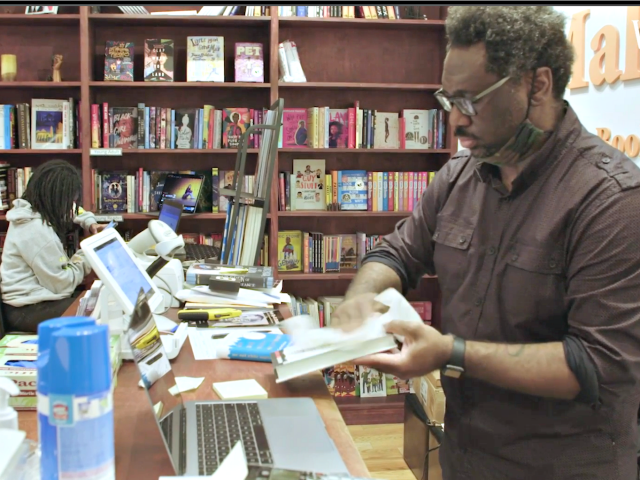The United States is finally reopening in the wake of the coronavirus pandemic and some states are experiencing an uptick in cases. But according to the National Bureau of Economic Research, the lockdown has already devastated minority-owned businesses and further restrictions would increase the damage.
“This study provides the first estimates of the early-stage effects of COVID-19 on small business owners,” Robert Fairlie, an economist at the University of California, Santa Cruz, wrote about his work, adding that “the number of working business owners plummeted from 15.0 million in February 2020 to 11.7 million in April 2020.” That’s a drop of 3.3 million, or 22 percent.”
“No other one-, two- or even 12-month window of time has ever shown such a large change in business activity,” Fairlie wrote. “For comparison, from the start to end of the Great Recession the number of business owners decreased by 730,000 representing only a 5 percent reduction.”
“Judging by the number of active small businesses, the Covid lockdown was the equivalent, in only weeks, of four Great Recessions,” the Wall Street Journal wrote in a commentary about the study. Fairlie wrote:
The drop in business owners was the largest on record, and losses were felt across nearly all industries and even for incorporated businesses. African-American businesses were hit especially hard experiencing a 41 percent drop. Latinx business owners fell by 32 percent, and Asian business owners dropped by 26 percent.
Across the board, most industries were hurt, with the exception of agriculture, according to the study. The Journal wrote:
- The category of arts, leisure and hotels was down 35 percent; construction 27 percent; repair and maintenance 25 percent; transportation 22 percent; and restaurants 22 percent. Mr. Fairlie says women and minorities appear to disproportionately own businesses in the worst-affected industries, which ‘contributed to why losses were higher for these groups.’
The Journal wrote about how these developments could add to racial inequalities:
The economic damage, “if prolonged, may be problematic for broader racial inequality because of the importance of minority businesses for local job creation,” Mr. Fairlie concludes. “The next important question is whether the shutdowns of small businesses are temporary or longer term.”
Since bills keep piling up even when revenue isn’t coming in, many of these small businesses face an uphill climb as it is. If they’re now getting back to work, and if they think they’ve taken the necessary precautions to do so safely, then the last thing they need is a politician ordering them to close shop for another month or two.
Fairlie used data from Current Population Survey, conducted by the Census Bureau and the Bureau of Labor Statistics for the study.
Follow Penny Starr on Twitter

COMMENTS
Please let us know if you're having issues with commenting.